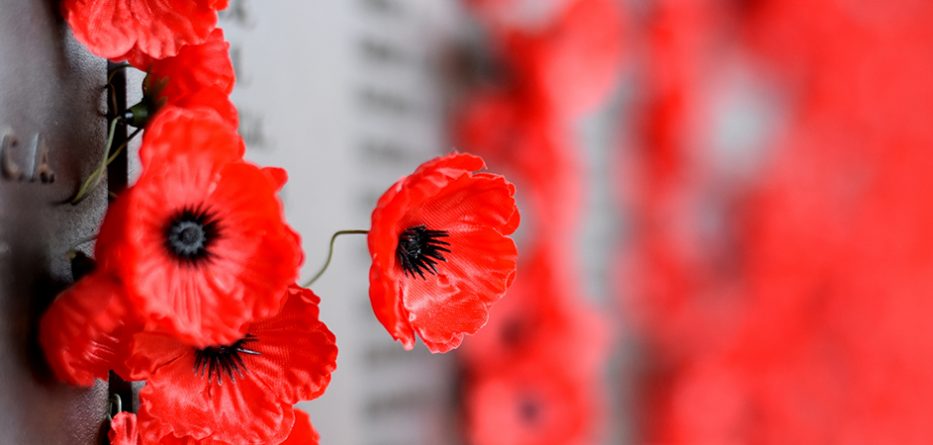The 2021 United Nations International Week of Science and Peace runs from 7 to 13 November
10 November is the United Nations’ World Science Day for Peace and Development
11 November is Remembrance Day
Remembrance Day is held each year on 11 November. It occurs in the middle of a less well-known celebration: the International Week of Science and Peace. In its early years, Remembrance Day remembered specifically the soldiers who died in the 1914 Great War amid the poppies on Flanders fields. Now it extends to soldiers killed in all wars. But it is also a day to remember more generally the suffering and death caused by war and so to commit to making peace. That commitment also underlies the decision to associate together science and peace in the one week. Scientists have been involved in the making and conduct of war. They must also be involved in the making and encouraging of peace.
Distance from war, whether measured by space or by time, can lead to fascination with the destructive power of weapons, with military strategy and with battle as a place of honour. Service as a soldier can be romanticised and its sufferings whitewashed. Like so many young men in 1914, Rupert Brooke began his military service with a vision of young soldiers dying nobly for their nation in battle. He was then a romantic poet. His later writing, however, was harsh and unillusioned:
What passing-bells for these who die as cattle?
— Only the monstrous anger of the guns.
Only the stuttering rifles’ rapid rattle
Can patter out their hasty prisons.
He had come to realise that in this war, soldiers were not noble actors, but cattle led to the slaughter. Scientists had helped to turn war into a machine that devoured people, contributing to the killing power of guns, explosives and poison gas and to the speed with which the fresh soldiers who would replace the dead and maimed and the munitions that would and kill and maim others in their turn could be delivered to the battlefront. In war, things and not persons ruled.
That is the background against which we observe Remembrance Day. Its poppies are blood red, recalling the rivers of blood that is shed in war. Yet each red poppy also stands for a person who was killed in war. For a moment, we pause to remember soldiers on both sides of the war who died, each person who grieved them and whose life was changed because of their death, and each non-combatant who was killed or died of illness and hunger caused by war. We remember, too, people who survived the war, but within whom some quality of human life and hope had died – those who returned physically impaired, mentally ill or ethically desensitised, those who spent the rest of their lives in institutions, and those who later took their own lives. On Remembrance Day, we do not celebrate armies and victories but recognise the humanity of those who died in them and mourn with those compelled to fight in them.
In a more critical way, we grieve for the lack of responsibility and humanity of those who failed to avert wars, declared them, gave their lives to invent and produce more and more effective and brutal ways to destroy people, including the scientists who developed the nuclear bomb and continue to devise weapons of mass destruction. We remember them not to condemn them, but to recognise the tragedy of those caught up in making war and of those who benefited from it.
The agreement that came into force on Armistice Day 1918 sowed the seeds for another even more destructive war. This Remembrance Day, we pray for a peace that is built on respect for persons in every nation, and particularly for the most vulnerable. We hope that the young people whom we accompany at Jesuit Social Services will never have to fight or suffer in the kind of wars that affected the lives of many of their ancestors.
Fr Andrew Hamilton SJ writes for Jesuit Communications and Jesuit Social Services.








